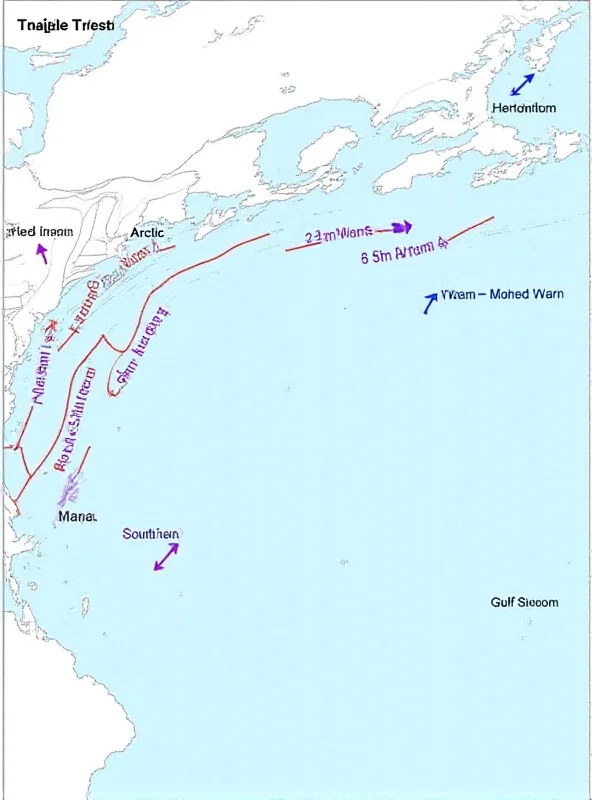Science is constantly evolving, and recent studies have offered new insights into two seemingly disparate topics: the composition of Mars and the stability of Atlantic Ocean currents. These findings challenge previous assumptions and underscore the importance of ongoing research in understanding our planet and beyond.
The Red Planet's True Colors
For years, scientists believed that the characteristic reddish color of Mars was due to hematite, an iron oxide mineral. However, a new study published in Nature Communications suggests a different culprit: ferrihydrite. This mineral, also rich in iron oxide, contains a significant amount of water. The implications are significant, hinting at a wetter past for the Red Planet. Could Mars have once harbored an ocean? This discovery opens up new avenues for exploring the planet's history and the possibility of past life.

The study highlights the importance of revisiting established theories with new data and advanced analytical techniques. What we thought we knew about Mars might only be scratching the surface. Further exploration and analysis will be crucial in unraveling the mysteries of this fascinating planet.
Atlantic Currents: A Looming Threat, But Not Imminent Collapse?
Meanwhile, back on Earth, another study published in Nature is addressing concerns about the Atlantic Meridional Overturning Circulation (AMOC), a vital system of currents that plays a crucial role in regulating the global climate. There have been fears that global warming could lead to a rapid collapse of the AMOC, with potentially catastrophic consequences.
The new study offers some reassurance, suggesting that a complete collapse of the AMOC is unlikely by the end of the 21st century. However, climate scientists caution that even a weakened AMOC would still cause profound harm to humanity.

"The climate crisis is weakening the complex system, but determining if and when it will collapse is difficult," the researchers stated. While a total collapse may be averted in the short term, the long-term consequences of a weakened AMOC remain a serious concern.
The Bigger Picture
Both of these studies underscore the importance of scientific research in addressing critical questions about our world and the universe beyond. Whether it's understanding the composition of Mars or predicting the future of Atlantic Ocean currents, science provides the tools and knowledge we need to navigate an uncertain future. Further research and continued monitoring are essential for mitigating the potential risks and unlocking new discoveries.

As climate scientists warn, even weakened Atlantic currents would have disastrous impacts. It is crucial to continue studying these complex systems and to take action to mitigate the effects of climate change. The future of our planet depends on it.
